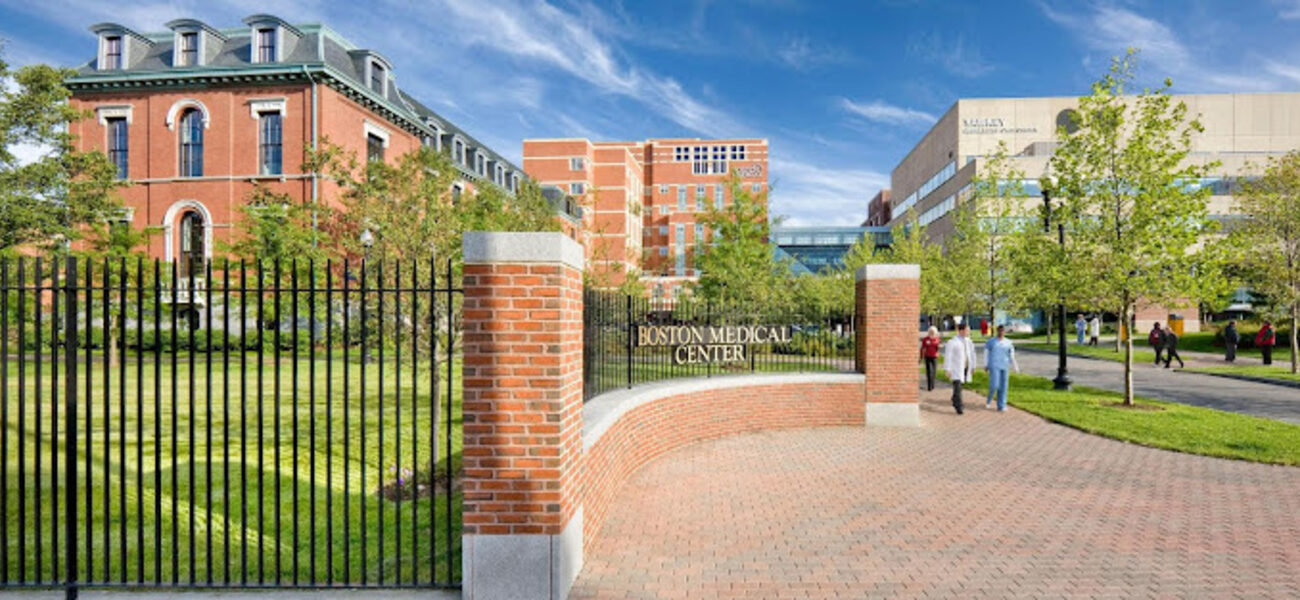Takeda Pharmaceuticals and Boston Medical Center (BMC) have initiated a strategic research collaboration to decarbonize the value chain throughout the healthcare ecosystem. One of the most difficult environmental challenges facing the industry today is greenhouse gas (GHG) emissions released from the disposal of regulated medical waste, including pharmaceutical packaging and single-use plastics. A key objective of this analysis is to effectively identify, pilot, and share decarbonization solutions that other healthcare organizations can adopt. This may include engaging with suppliers, waste vendors, and packaging providers to create new best practices and applications.
Boston Medical Center will conduct waste audits across key clinical areas to identify emission hotspots and test new technologies to reduce emissions from the disposal of regulated medical waste. Scaled interventions will also be developed, helping to mitigate the measurable health impacts of pollution and extreme heat.
As a national leader, Boston Medical Center integrates sustainability into its mission of caring for both the individual patient and the community. By tackling environmental factors that often contribute to health disparities, this innovative collaboration aims to catalyze meaningful change. BMC was the first hospital in the nation to leverage a rooftop solar array to provide energy bill credit to eligible patients facing energy insecurity, as well as opening a behavioral health facility with net-zero operational carbon. In February of 2023, the not-for-profit organization also issued a $232 million sustainability bond sale for campus renovations to enhance the patient experience. Overall, BMC has reduced carbon emissions from energy consumption by 94 percent since 2011.
For Takeda, this partnership supports its ambitious climate goal to reach net-zero operational GHG emissions by 2035 and across the value chain by 2040. In 2024, the Science Based Targets initiative (SBTi) validated Takeda’s net-zero GHG emission goals as being consistent with reductions required to limit the rise in global temperature to 1.5 degrees Celsius above pre-industrial levels.
Tsoi/Kobus & Associates served as lead designer for several of BMC's campus redevelopment projects, including the Shapiro Ambulatory Care Center and the Moakley Building.

